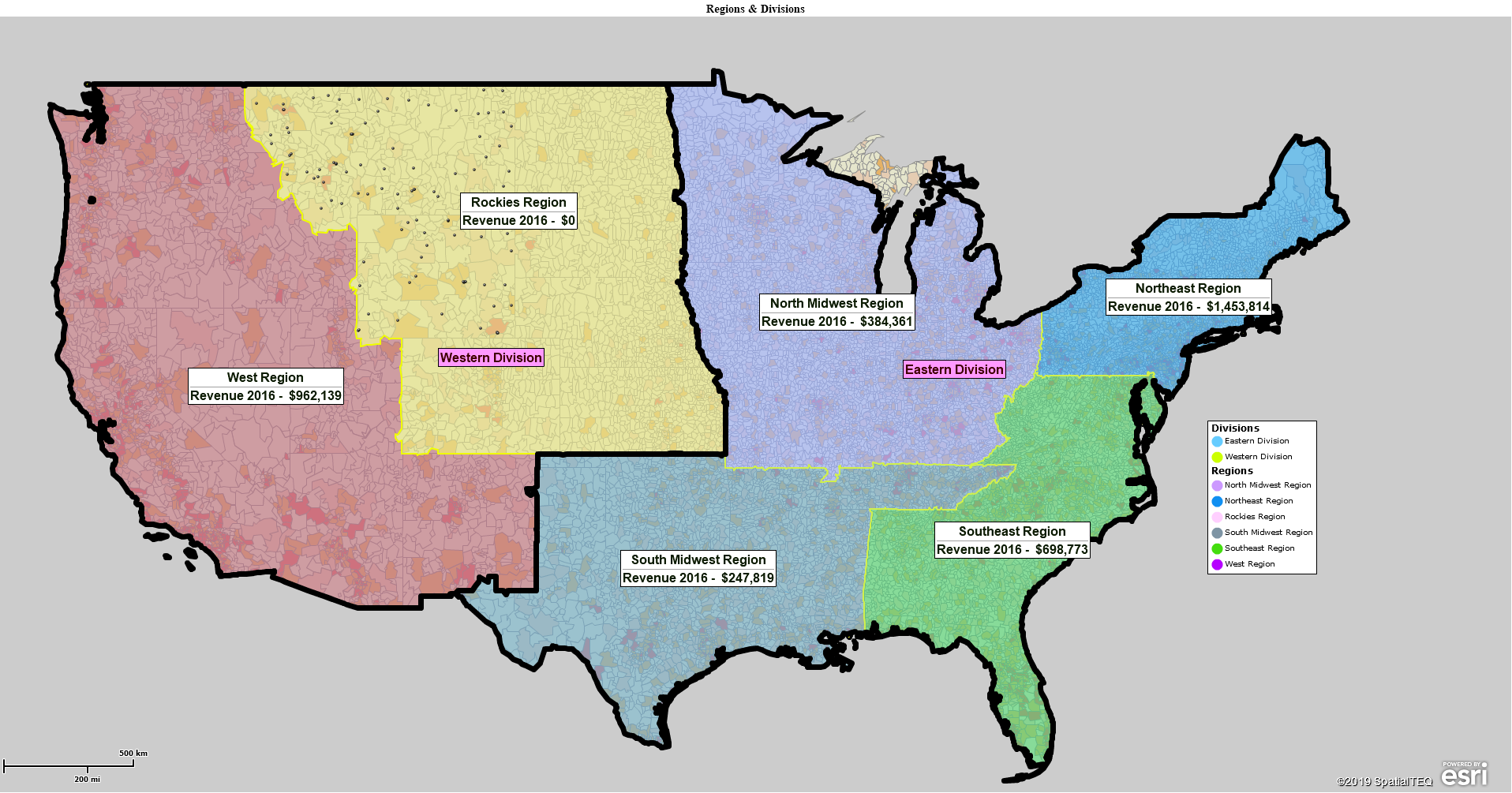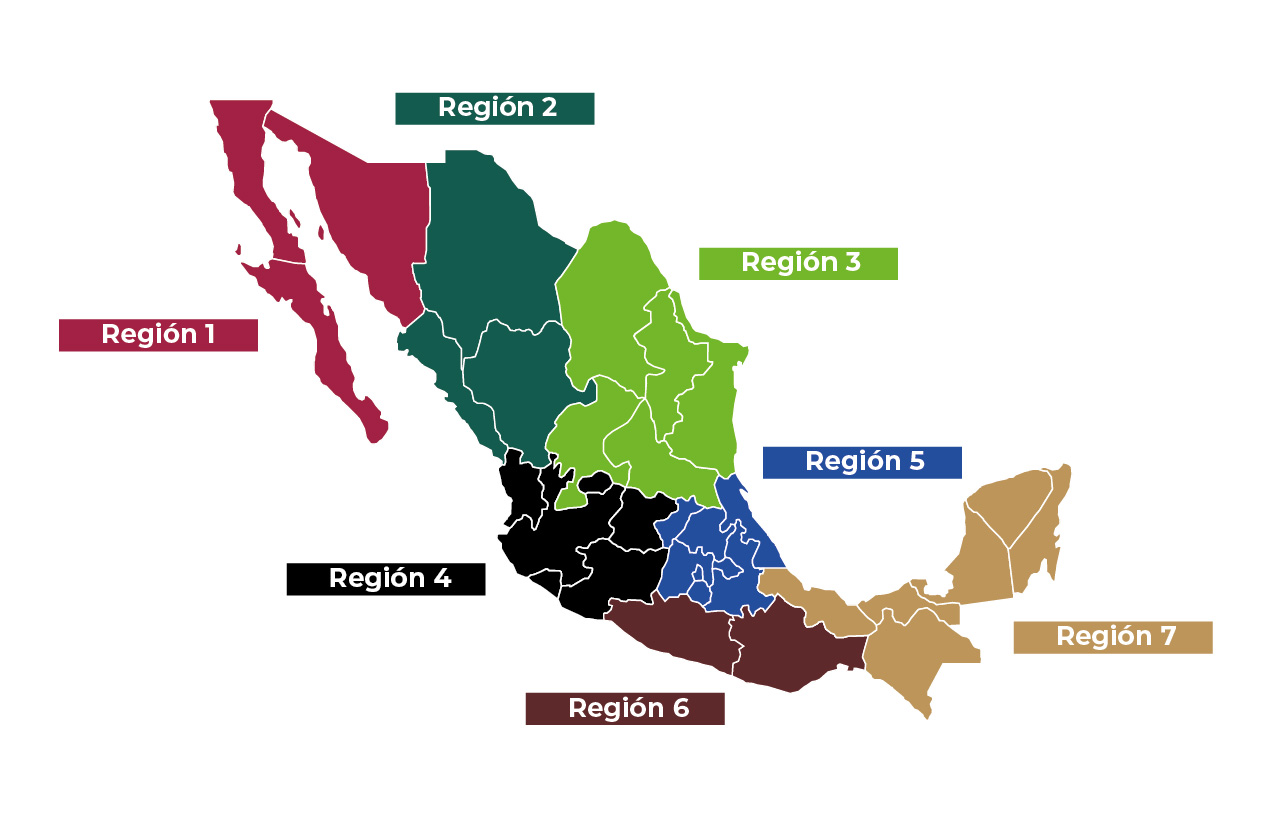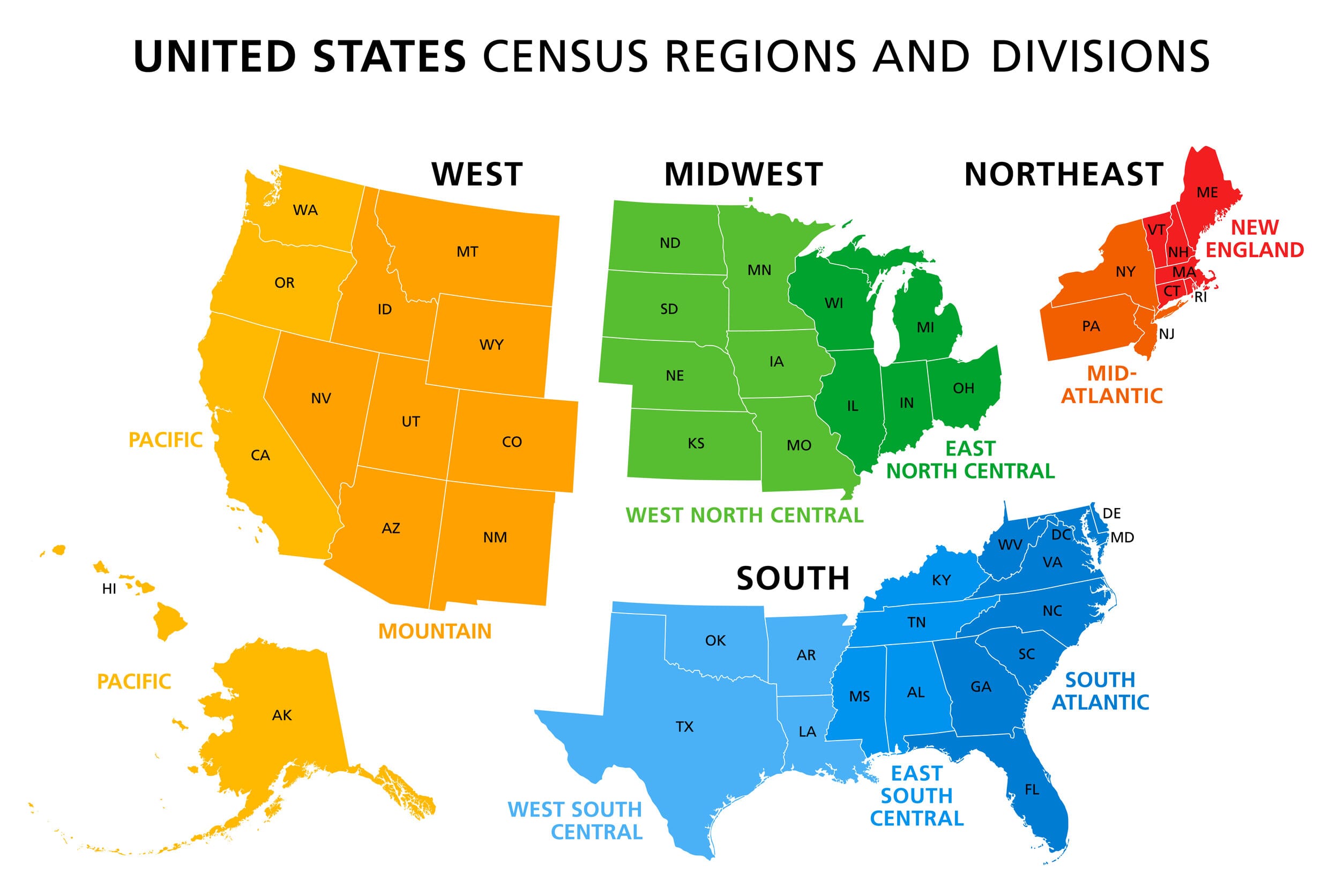Region 4: Empowering Texas Education Since 1967
Table of Contents
- Introduction: The Cornerstone of Educational Support
- The Genesis and Mandate of Region 4
- Geographical Scope and Impact: A Vast Educational Landscape
- Diverse Services: Nurturing Educators and Students
- Digital Innovation: The Region 4 Hub
- Career Opportunities: A Mission-Driven Workforce
- Commitment to Educational Excellence: Driving Progress
- Beyond the Classroom: Holistic Educational Support
- The Future of Region 4: Adapting and Advancing
- Conclusion: A Legacy of Educational Leadership
Introduction: The Cornerstone of Educational Support
In the vast and dynamic landscape of Texas education, one entity stands out as a crucial pillar of support and innovation: Region 4. Established by the Texas Legislature in 1967, this vital organization is not just an administrative body but a proactive force dedicated to enhancing the learning experience for over 1.2 million students across a significant portion of the state. Its mission, deeply rooted in the principles of educational excellence, resonates through every program, service, and initiative it undertakes, making it an indispensable resource for school districts and charter schools alike.
Located strategically in Houston, Texas, Region 4 is one of 20 regional education service centers designed to assist educational institutions in improving student outcomes. From providing professional development for educators to offering cutting-edge digital resources, Region 4 consistently strives to meet the evolving needs of the modern classroom. This article delves into the multifaceted role of Region 4, exploring its historical significance, broad geographical reach, diverse service offerings, and its unwavering commitment to fostering a brighter future for Texas students, thereby underpinning the very fabric of educational success in its expansive service area.
The Genesis and Mandate of Region 4
The story of Region 4 begins in 1967, a year that marked a significant legislative initiative by the Texas Legislature. Recognizing the immense diversity and scale of its public education system, the state enacted a visionary plan to establish 20 regional education service centers. This decentralized approach aimed to provide localized support, expertise, and resources that would be more responsive to the specific needs of individual school districts and charter schools across Texas. Region 4 Education Service Center (Region 4), situated in the bustling metropolis of Houston, Texas, was a cornerstone of this ambitious statewide network.
The core mandate given to these centers, including Region 4, was unequivocal: to assist school districts and charter schools in improving student outcomes. This wasn't merely about administrative oversight; it was about active partnership and empowerment. Region 4 was tasked with bridging gaps, disseminating best practices, and offering specialized services that individual districts might not have the capacity or resources to develop independently. This foundational purpose has remained the driving force behind Region 4's operations for over half a century, evolving its services to meet contemporary challenges while staying true to its original legislative intent. It serves as a testament to Texas's enduring commitment to providing robust educational support infrastructure.
Geographical Scope and Impact: A Vast Educational Landscape
Understanding the true impact of Region 4 requires an appreciation of its expansive geographical and demographic reach. Far from being a small, localized entity, Region 4 encompasses a significant and diverse portion of the Texas educational landscape. This broad scope highlights the critical role it plays in ensuring educational equity and excellence across a wide array of communities, from dense urban centers to more suburban and even semi-rural areas surrounding Houston.
Serving Seven Counties and Dozens of Districts
Region 4's operational footprint is impressive. It includes the public schools in seven counties in and around the vibrant Houston area. This vast territory is home to a staggering 54 school districts, each with its unique characteristics, student populations, and educational priorities. The challenge of serving such a diverse collection of entities requires immense flexibility, deep understanding, and a tailored approach to support. Region 4 rises to this challenge by acting as a central hub for collaboration, resource sharing, and professional development, ensuring that every district, regardless of its size or specific needs, has access to the tools and expertise required for student success.
To put this into perspective, consider the geographical diversity within this region. While the data mentions Missouri City, which, according to the United States Census Bureau, has a total area of 29.8 square miles (77.2 km²), of which 28.4 square miles (73.6 km²) are land and 1.4 square miles (3.6 km²) are water, this detail underscores the varied landscapes that Region 4 serves. Missouri City, straddling parts of Fort Bend and Harris counties, represents just one of the many distinct communities within Region 4's jurisdiction. The ability of Region 4 to provide relevant and effective assistance across such a varied geographical tapestry speaks volumes about its adaptability and commitment to localized support.
The Unparalleled Demographic Reach
Beyond the impressive number of counties and districts, the true measure of Region 4's influence lies in the sheer volume of students it supports. This large region contains 1,294 campuses, collectively serving over 1.2 million students. This figure is not just a statistic; it represents a significant portion of Texas's future workforce, innovators, and citizens. The quality of education these students receive directly impacts their life trajectories and, by extension, the economic and social vitality of the entire state.
Supporting such a massive and demographically diverse student body—ranging from early childhood education to high school graduates preparing for college or careers—requires a nuanced understanding of varied learning styles, socio-economic backgrounds, and cultural contexts. Region 4's commitment to educational excellence is reflected in its efforts to ensure that resources and support are equitable and effective for every student. This broad demographic reach firmly establishes Region 4 as a pivotal force in shaping educational outcomes for a significant segment of Texas's youth, making its work fundamentally important for the state's future.
Diverse Services: Nurturing Educators and Students
At its core, Region 4 is a dynamic service provider, offering an extensive and diverse range of resources meticulously designed to support educators and enhance the learning experience for students. This comprehensive suite of services is not static; it continually evolves to meet the complex and ever-changing demands of the modern educational landscape. Region 4's commitment to educational excellence drives every initiative, ensuring that schools have access to the most current and effective tools and knowledge.
The services provided by Region 4 are multifaceted, addressing various critical areas:
- Professional Development & Training: This is a cornerstone of Region 4's offerings. It includes a wide array of workshops, seminars, and ongoing coaching programs for teachers, administrators, and support staff. These opportunities ensure educators stay current with the latest pedagogical research, curriculum standards, and innovative teaching methodologies, directly impacting classroom effectiveness.
- Curriculum & Instruction Support: Region 4 assists districts in the development, implementation, and evaluation of robust curricula aligned with state and national standards. This involves providing guidance on subject-specific content, instructional strategies that foster deeper learning, and effective assessment techniques to measure student progress accurately.
- Special Education & Student Support Services: A crucial area of focus, Region 4 offers extensive resources and training to support students with diverse learning needs, including those with disabilities. This ensures compliance with federal and state regulations, promotes inclusive learning environments, and equips educators with strategies to meet individual student requirements.
- Technology Integration & Digital Learning: Recognizing the increasing importance of technology in education, Region 4 provides expertise in integrating digital tools into the classroom, enhancing administrative efficiency, and fostering digital literacy among students and staff. This ranges from advising on infrastructure to training on educational software.
- Leadership Development & School Improvement: Strong leadership is vital for successful schools. Region 4 offers programs designed to cultivate effective leadership skills among principals, superintendents, and other school administrators, fostering positive school cultures and driving systemic improvement initiatives.
- Business & Operational Support: Beyond direct instruction, Region 4 provides invaluable assistance with the operational aspects of running a school district, including financial management, human resources, facilities planning, and legal compliance, ensuring that districts operate efficiently and effectively.
This extensive catalog underscores Region 4's holistic approach. It understands that student success is a complex ecosystem, requiring support not only in direct instruction but also in the foundational elements of school management, educator growth, and operational stability. The ultimate aim is to create environments where every student has the opportunity to thrive and reach their full potential.
Digital Innovation: The Region 4 Hub
In an era defined by rapid technological advancement, digital accessibility is no longer a luxury but a necessity for effective education. Region 4 has been at the forefront of this shift, demonstrating its forward-thinking approach through the development and continuous enhancement of the "Region 4 hub." This innovative digital platform is a testament to Region 4's commitment to leveraging technology to empower educators and enrich the learning experience for students.
The Region 4 hub provides digital access to select Region 4 products, specifically designed to offer portability for lesson planning and to significantly enhance classroom instruction. This means educators are no longer constrained by physical materials or specific locations; they can access a wealth of resources anytime, anywhere. The hub serves as a centralized, dynamic repository for a variety of digital educational assets, including:
- Comprehensive Lesson Planning Tools: The hub offers digital templates, curriculum frameworks, and resource banks that streamline the lesson planning process. This allows teachers to efficiently organize, adapt, and create engaging instructional materials tailored to their students' needs.
- Rich Instructional Resources: Educators can access a vast library of digital content, such as interactive simulations, multimedia presentations, educational videos, virtual labs, and curated online learning modules. These resources bring subjects to life, making learning more dynamic and accessible for students.
- Flexible Professional Development: The hub hosts online professional development courses and modules, enabling educators to engage in continuous learning at their own pace and convenience. This flexibility is crucial for busy professionals seeking to refine their skills and stay updated with educational trends.
- Data Analysis and Assessment Tools: Resources within the hub assist schools in analyzing student performance data, identifying learning gaps, and making data-driven decisions to personalize instruction and improve overall educational outcomes.
The strategic intent behind the Region 4 hub is clear: to provide educators with unparalleled flexibility and access, thereby directly enhancing their ability to deliver high-quality instruction. By embracing digital innovation, Region 4 ensures that its support extends beyond traditional methods, reaching into the daily practices of educators and empowering them with the cutting-edge tools necessary for success in a technology-driven educational landscape.
Career Opportunities: A Mission-Driven Workforce
The extensive scope and critical mission of Region 4 necessitate a dedicated, skilled, and passionate workforce. The organization is not just a provider of services; it is also a significant employer, offering a wide range of career opportunities for individuals who are committed



Detail Author:
- Name : Dr. Malvina Schultz II
- Username : sanford.ashleigh
- Email : wiegand.antonette@wisozk.com
- Birthdate : 1988-06-01
- Address : 71481 Reynolds Skyway Suite 861 Port Abigayletown, AK 70804
- Phone : (847) 278-3222
- Company : Crona-Murphy
- Job : Log Grader and Scaler
- Bio : Illo amet et ea et ab consectetur. Explicabo consequuntur aut labore voluptas facilis consequuntur amet. Natus dolor quasi molestias autem voluptatem sed.
Socials
instagram:
- url : https://instagram.com/cprosacco
- username : cprosacco
- bio : Ad et sit iusto voluptas iusto. Cupiditate eum nulla optio sint.
- followers : 5309
- following : 372
linkedin:
- url : https://linkedin.com/in/prosacco1989
- username : prosacco1989
- bio : Nihil deleniti quia saepe non.
- followers : 5122
- following : 1845